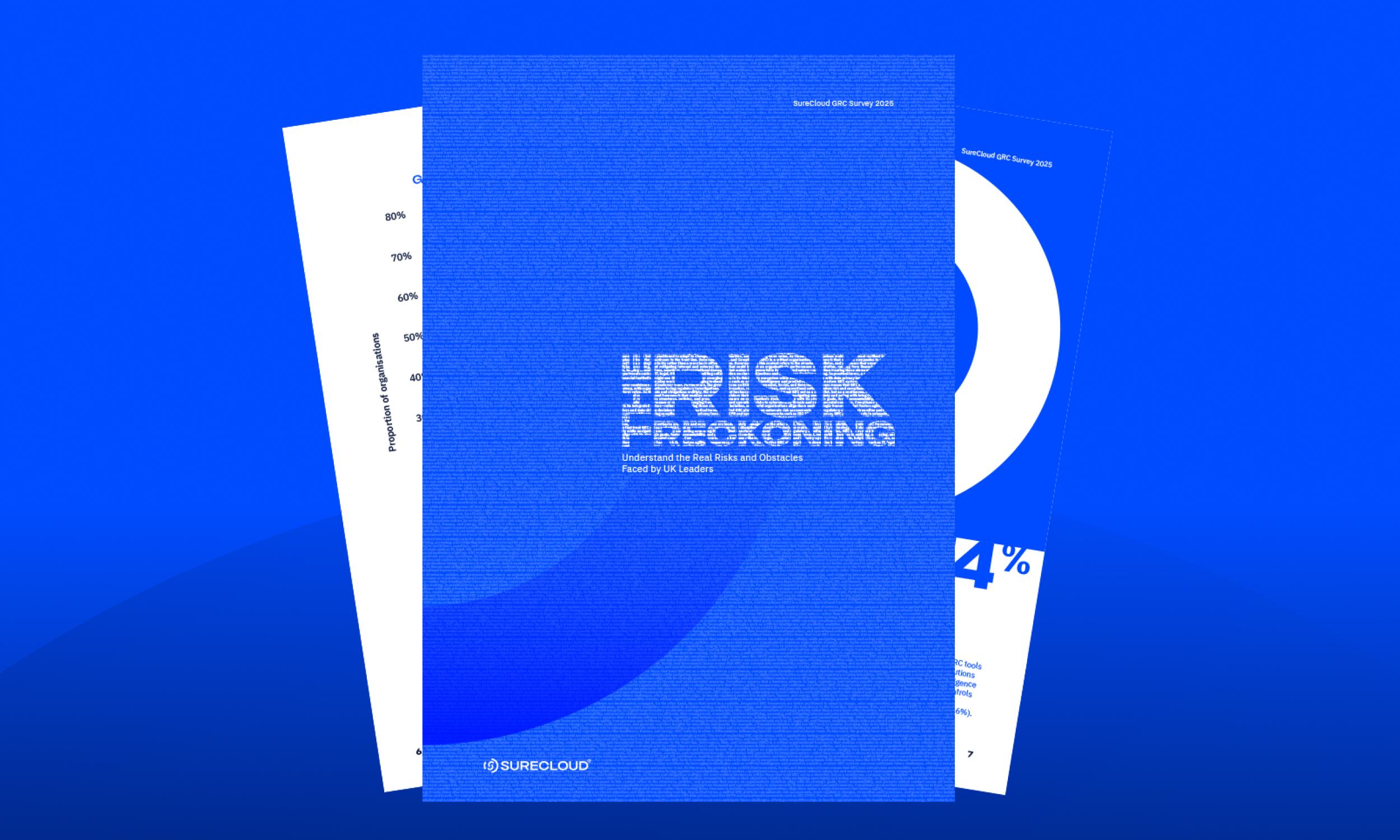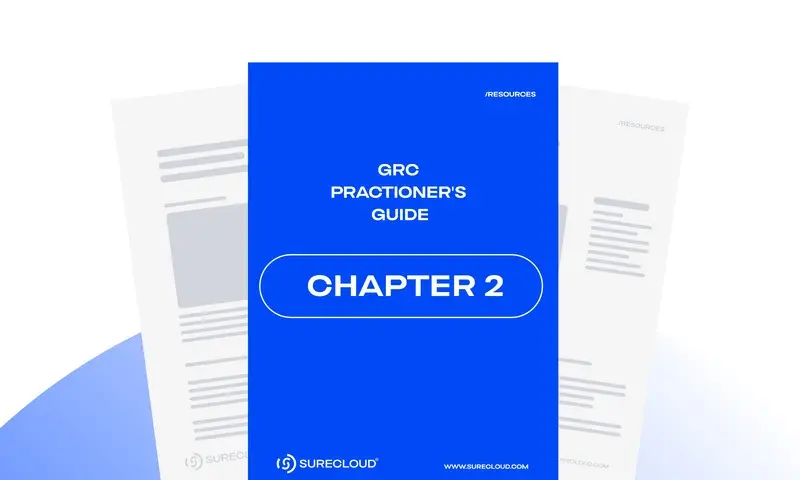Resources
Expert insights for the compliance connoisseur: We cover the latest on frameworks, risks, and security trends.
All Resources
- Show All
- Blog
- Webinar
- White Paper
- Workshop
- Podcast
- Other
- Guide
- How To
- Toolkit

- Featured
- Toolkit
- DORA
- Compliance
The Complete DORA Self-Assessment

- Featured
- White Paper
- GRC
The Risk Reckoning - Exclusive Industry Research report

- Featured
- Other
- GRC
Get your free RFP template for GRC software
.webp)
- Guide
- ISO 42001
Building a Trustworthy AI System: ISO 42001 and Global AI Regulations
.webp)
- Guide
- GRC Practioner's Guide
CHAPTER 4: Compliance and the Internal Control Framework
.webp)
- Guide
- GRC Practioner's Guide
CHAPTER 3: Risk Management Excellence

- Guide
- GRC Practioner's Guide
CHAPTER 2: GRC Fundamentals: Shared Language and Building Blocks
.webp)
- Guide
- GRC Practioner's Guide
CHAPTER 1: Introduction to GRC Practitioner's Guide
.webp)
- Blog
- ISO 27001
ISO 27001 Compared to Other Information Security Standards: What’s the Difference?
.webp)
- Blog
- ISO 27001
How to Become ISO 27001 Certified: A Step-by-Step UK Guide
See How Our Solutions Deliver Real Results
See how our proven solutions have empowered organizations to achieve resilience, efficiency, and measurable results. Download our exclusive case study collection and explore how we deliver assurance in action.

Reviews
Read Our G2 Reviews
4.5 out of 5
"Excellent GRC tooling and professional service"
The functionality within the platform is almost limitless. SureCloud support & project team are very professional and provide great...
Posted on
G2 - SureCloud
5 out of 5
"Great customer support"
The SureCloud team can't do enough to ensure that the software meets our organisation's requirements.
Posted on
G2 - SureCloud
4.5 out of 5
"Solid core product with friendly support team"
We use SureCloud for Risk Management and Control Compliance. The core product is strong, especially in validating data as it is...
Posted on
G2 - SureCloud
4.5 out of 5
"Excellent support team"
We've been happy with the product and the support and communication has been excellent throughout the migration and onboarding process.
Posted on
G2 - SureCloud
Product +
Frameworks +
Capabilities +
Industries +
Resources +
London Office
1 Sherwood Street, London,W1F 7BL, United Kingdom
US Headquarters
6010 W. Spring Creek Pkwy., Plano,TX 75024, United States of America
© SureCloud 2026. All rights reserved.

.png)



.webp)
.webp)












